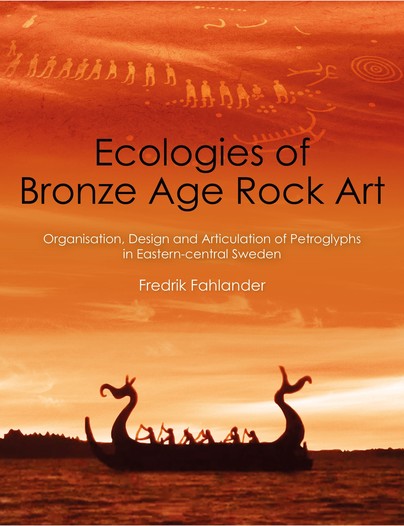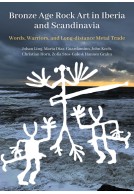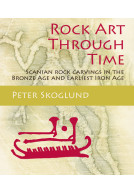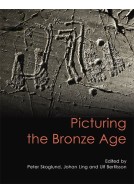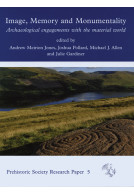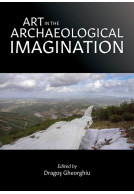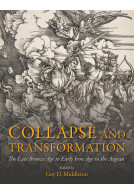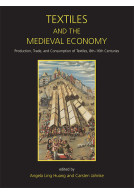Google Books previews are unavailable because you have chosen to turn off third party cookies for enhanced content. Visit our cookies page to review your cookie settings.
Ecologies of Bronze Age Rock Art (Paperback)
Organisation, Design and Articulation of Petroglyphs in Eastern-central Sweden
Imprint: Oxbow Books
Series: Swedish Rock Art Research
Pages: 224
Illustrations: 160 B/W and color illustrations
ISBN: 9798888571392
Published: 15th May 2024
Script Academic & Professional
Series: Swedish Rock Art Research
Pages: 224
Illustrations: 160 B/W and color illustrations
ISBN: 9798888571392
Published: 15th May 2024
Script Academic & Professional
You'll be £40.00 closer to your next £10.00 credit when you purchase Ecologies of Bronze Age Rock Art. What's this?
+£4.99 UK Delivery or free UK delivery if order is over £40
(click here for international delivery rates)
Need a currency converter? Check XE.com for live rates
(click here for international delivery rates)
Need a currency converter? Check XE.com for live rates
The Bronze Age (1700–500 BCE) petroglyphs of southern Scandinavia comprise a unique tradition of rock art in northern Eurasia. Despite a limited repertoire of motifs such as cupmarks, boats, anthropomorphs, zoomorphs, podomorphs and circles, it shows great variability in design, elaboration and articulation. This book is a study of the Mälaren region in southern-central Sweden that includes one of the most prominent rock art clusters of southwest Uppland as well as the hinterland of Södermanland county. The rock art in this region is studied on three scales: regional, local and particular. This allows for comparisons between dense and small sites, an exploration of how the Bronze Age rock art tradition developed over time in the area, and equally how the design and articulation of certain motifs relate to contemporary settlements, waterways and varying environmental settings.
Patterns and structures in the distribution and articulation of the petroglyphs show that the different motifs are not only visual expressions but very much material enactments. The motifs often physically relate to each other, the flows of water, and the microtopography and mineral contents of the rocks. The study is therefore not as much about rock art as images and symbols as it is about the ecology of rock art – the web of social and physical relations in which it was enacted and employed. From this perspective, the petroglyphs are seen as petrofacts, that is something akin to tools or devices articulated in various ways to affect humans, other-than-humans and the animacies of the coastal milieus where they were made.
This thorough and exemplary collection of rock art in its original setting delivers a detailed view of this material in the Malären bay.
Antiquity - December 2024
Customers who bought this title also bought...
Other titles in the series...
Other titles in Oxbow Books...







